The Flight from
INTIMACY
The Flight from
INTIMACY
Healing Your Relationship of
Counter-dependency
the Other Side of Co-dependency
Janae B. Weinhold, PhD & Barry K. Weinhold, PhD
Foreword by John Bradshaw

New World Library
Novato, California

Copyright 2008 by Janae B. Weinhold and Barry K. Weinhold
All rights reserved. This book may not be reproduced in whole or in part, stored in a retrieval system, or transmitted in any form or by any means electronic, mechanical, or other without written permission from the publisher, except by a reviewer, who may quote brief passages in a review.
The material in this book is intended for education. It is not meant to take the place of diagnosis and treatment by a qualified medical practitioner or therapist. No expressed or implied guarantee as to the effects of the use of the recommendations can be given nor liability taken.
Text design by Tona Pearce Myers
Library of Congress Cataloging-in-Publication Data
Weinhold, Janae B.
The flight from intimacy : healing your relationship of counter-dependency,
the other side of co-dependency / Janae B. Weinhold and Barry K. Weinhold;
foreword by John Bradshaw.
p. cm.
Includes bibliographical references (p. 323) and index.
ISBN 978-1-57731-605-3 (pbk. : alk. paper)
1. Intimacy (Psychology) I. Weinhold, Barry K. II. Title.
BF575.I5W45 2008
158.2dc22
2007045300
First printing, February 2008
ISBN: 978-1-57731-605-3
Printed in Canada on 100% postconsumer-waste recycled paper
 New World Library is a proud member of the Green Press Initiative.
New World Library is a proud member of the Green Press Initiative.
10 9 8 7 6 5 4 3 2 1
We dedicate this book to all the lonely and wounded individuals seeking more intimate and joyful relationships, particularly those who have fled from intimacy because of struggles with counter-dependency issues.
Contents
PART THREE. BEYOND COUNTER-DEPENDENCY:
PATHWAYS TO PARTNERSHIP
C ounter-dependency is the untalked-about polarity of co-dependency. One reason many severely co-dependent people go without treatment is the failure to focus on counter-dependency. Many lonely, agoraphobic, rebellious, sexually addicted people are counter-dependent. Most of us who define ourselves as co-dependent exhibit some counter-dependent behaviors.
We need this book to fill a gap in our understanding of co-dependency. The Weinholds are experts in this field. I recommend their work as having the highest integrity. This is a crucial addition to the literature on co-dependency.
John Bradshaw, author of Bradshaw On: The Family, Healing the
Shame That Binds You, Homecoming, Creating Love, and Family Secrets
I have never known a patient to portray
his parents more negatively than he actually experienced them
in childhood, but always more positively
because idealization of his parents was essential for survival.
Alice Miller
I t had been a long day. I had been struggling with my doctoral program, orienting myself in a new life in a strange city, and worrying about how I would support myself financially during the next two or three years. Ordinarily I could talk myself out of my fears by using my well-practiced be strong and act tough program. On this night, however, I am feeling overwhelmed as I realize the magnitude of the commitments I have made by marrying Barry and agreeing to become a full partner with him. Im afraid I will fail. I feel little and vulnerable. I go downstairs to find Barry.
He is watching the sports news on television. When I sit down beside him, he barely notices I am there. I sit quietly for a few moments, hoping he will notice my fragility. When he doesnt, I tell him how tired I am and ask if he is ready to go to bed. He says he will be there in a few minutes, if I want to go ahead.
I go upstairs and get into bed, waiting for him to come. In the dark my wall of toughness crumbles and my unspoken fears begin to consume me. I curl up in a little ball and start to cry. Its a half hour before Barry comes to bed. By this time Ive gone deep inside myself, feeling abandoned and hurt by his delay. When Barry gets into bed, I move over onto my side and pull away from him. He immediately knows something is wrong and comes toward me. He asks empathically what is wrong.
By this time I have converted my unspoken fears into anger at Barry for not noticing my needs and for not hurrying to bed to take care of me. I try to make him into the bad guy by telling him he is unsympathetic, insensitive, and unavailable when I need him. I begin to lash out at him, telling him how awful he is, and forget all about what I originally wanted from him. He continues to talk softly to me, trying to get to the bottom of my anger.
My anger now has totally lifted me out of my fears and my vulnerability. In the strength of my anger, I hurl one last insult at him and leap out of bed. I put on my robe and slippers, find a blanket, and head into the living room to sleep on the couch. I lie down and pull the cover over me in righteous indignation and try to sleep.
The solitude feels familiar. It reminds me that I am the only one I can count on in my life. No one has ever been there for me when I really needed someone. For several minutes I run through my list of lifelong hurts and feel like a victim. The steam of my anger and resentments finally cools, and all I feel is the pain of isolation.
I begin to realize that even though my behavior feels familiar and justified, it doesnt get me what I want. What I really want is to be close to Barry and to be comforted by him. The next moments are some of the most difficult of my life, for in them I understand that I have a choice. I can choose to let down my wall of resentment and bravado and let him see who I really am underneath it, or I can keep up my wall and set in motion the breakup of another doomed relationship. Its difficult to acknowledge my pattern of isolation and abandonment and how I struggle to reveal my wounds and vulnerability.
In my first marriage, my husband seemed distant and unavailable. I was usually the one who took the part of pursuer and co-dependent partner. Barry, however, is very available. I see now that his desire for closeness and his availability as a partner is forcing me to look at my own fears and resistance to intimacy. The realization that I am now behaving like my ex-husband in my relationship with Barry shatters some illusions I have about myself. I feel ashamed and vulnerable.
From some deep part of myself, I feel a push toward wholeness and hope for a new life. This helps me gather my blanket and return to the bedroom. Barry is still awake. I ask him if he will help me sort through this episode. He is still hurt that I yelled at him and made him seem bad, but he, too, says he wants to be close. Out of our mutual commitment to make this relationship work, we begin to unravel the pieces of the conflict.


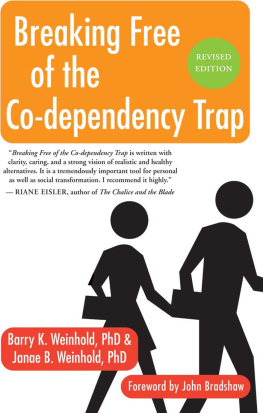
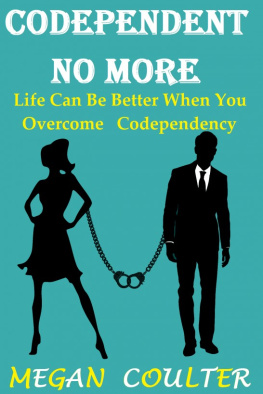
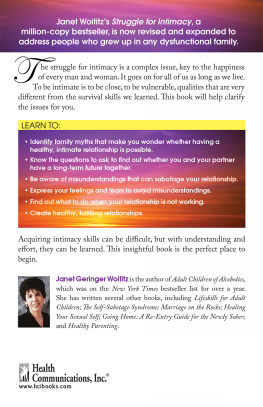
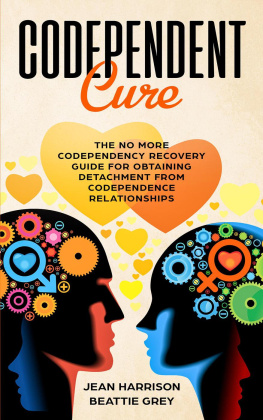
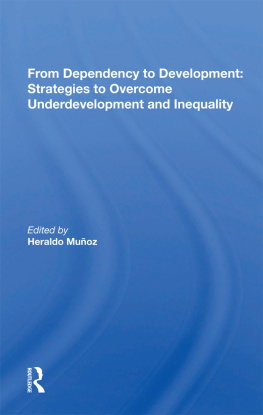
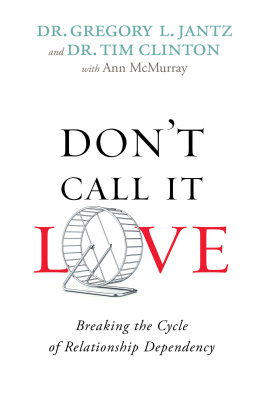
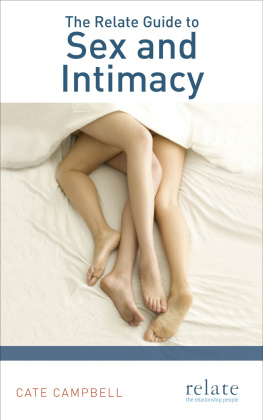

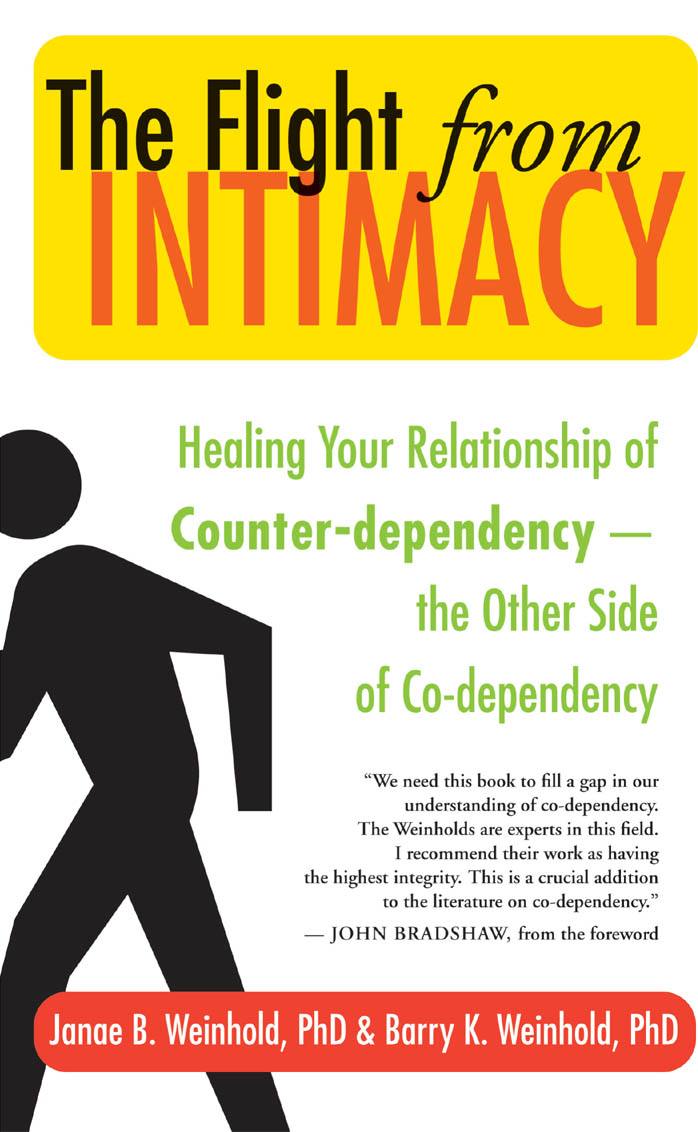


 New World Library is a proud member of the Green Press Initiative.
New World Library is a proud member of the Green Press Initiative.